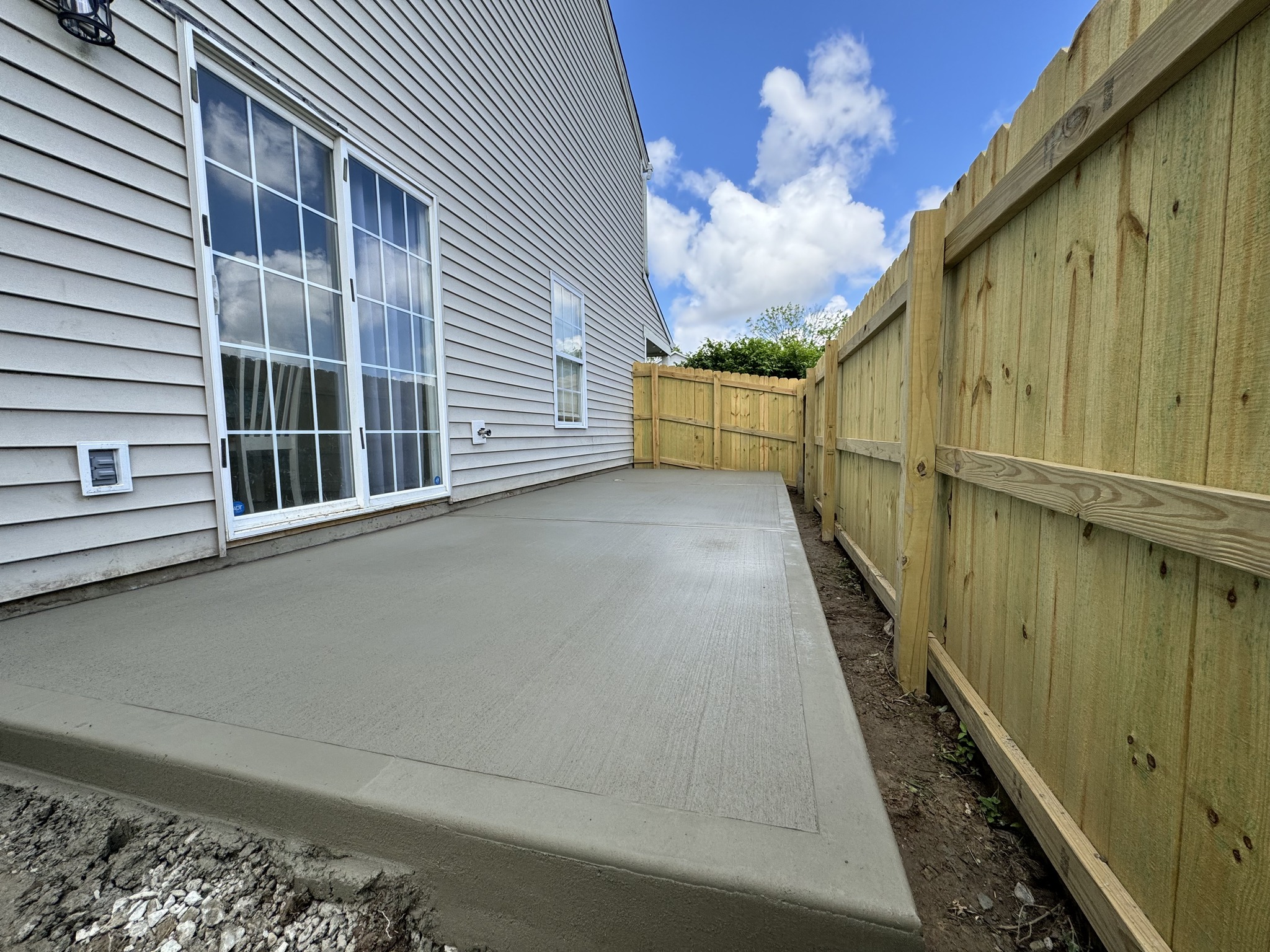
Maximizing Energy Efficiency with Insulated Concrete Forms Mar 16, 2025
Insulated Concrete Forms are hollow blocks made from insulating foam, stacked and filled with concrete to create the walls of a structure. The result is a strong, energy-efficient building envelope that offers a host of benefits over traditional building methods. What makes ICFs particularly valuable is their ability to significantly reduce the energy requirements of a home or building, which directly translates into cost savings on heating and cooling.
One of the primary advantages of using ICFs is their excellent thermal performance. Traditional walls often have weak spots where heat can easily seep in or out, commonly referred to as thermal bridges. ICFs, however, provide a solid layer of insulation on both the interior and exterior sides of the concrete core, effectively eliminating thermal bridges. This consistent insulation system maintains a stable indoor temperature, reducing the workload on heating and cooling systems and thereby lowering utility bills.
Additionally, structures built with ICFs show enhanced energy retention capabilities. The airtight construction minimizes air infiltration, a common issue with traditional building methods, which can lead to drafts and uneven temperatures. As a result, homes built with ICFs maintain a more consistent and comfortable indoor climate, regardless of the weather outside. This characteristic makes ICFs ideal for any climate, from cold northern winters to hot summer months.
The energy efficiency of ICFs also makes a positive impact on the environment. Using less energy for heating and cooling directly translates to reduced greenhouse gas emissions, making ICFs an environmentally responsible choice. Moreover, buildings constructed with this method often qualify for various energy-efficient building certifications and incentives, which can be a financial boon for homeowners and developers.
In addition to energy efficiency, Insulated Concrete Forms offer a range of secondary benefits that make them an attractive option for modern construction. Their superior structural integrity provides resistance to natural disasters such as hurricanes, tornadoes, and earthquakes, ensuring the safety and longevity of the building. The soundproofing characteristics of these structures also enhance the quality of life for occupants by reducing outside noise.
At H&R Concrete, our team is committed to delivering top-quality ICFs tailored to meet the specific needs of your project. Our experts guide you through every step, from selecting the right forms to ensuring precise installation, guaranteeing maximum energy efficiency and performance. When you choose to work with H&R Concrete, you're not just building a structure; you're investing in a sustainable future.
In conclusion, maximizing energy efficiency with Insulated Concrete Forms is a practical and forward-thinking decision. Whether you're constructing a new home or expanding an existing one, consider the myriad advantages that ICFs provide. From creating comfortable, cost-effective living spaces to playing a part in environmental conservation, the benefits are substantial and diverse. Let H&R Concrete be your partner in this endeavor, and transform your vision into reality with innovative, energy-efficient construction solutions.
/filters:no_upscale()/media/203210ff-094f-42a2-9093-cbf56f3c2f93.webp)
/filters:no_upscale()/filters:format(webp)/media/c072d2dd-6e4a-4753-97df-7a6e43b11ff1.jpg)